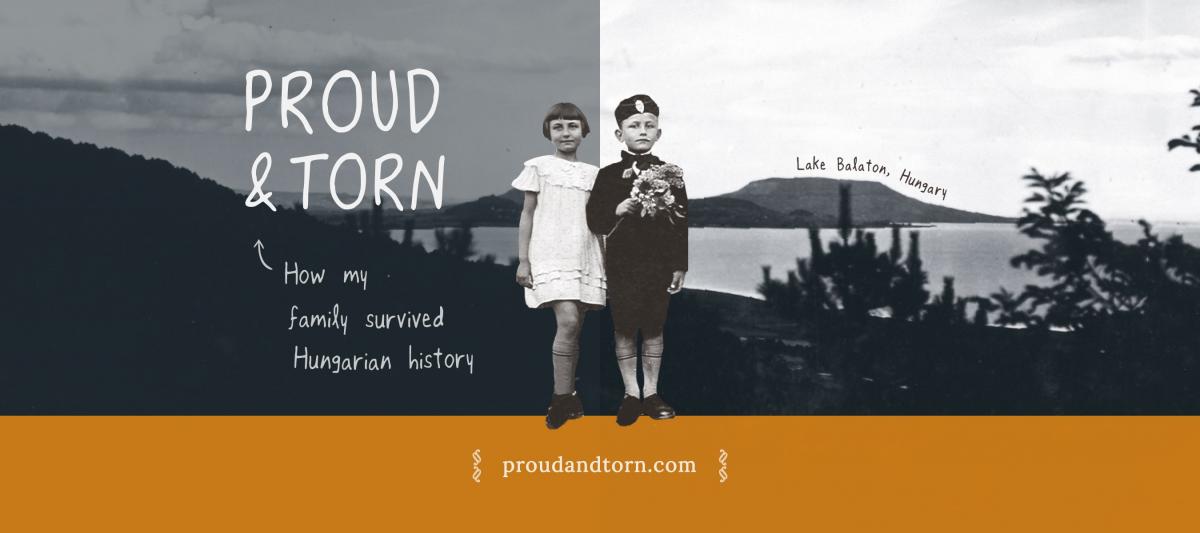A conversation with media scholar/web producer Bettina Fabos and historian Kristina Poznan
Drs. Bettina Fabos and Kristina Poznan are part of the seven-member team that shaped the interactive timeline narrative, “Proud and Torn: How my family survived Hungarian history”. Four years in the making, this Hungarian history project one of the most ambitious historical narratives adapted to the web, setting new standards for what is possible through historical texts in terms of visualization and the reinterpretation of history. Fabos and Poznan will focus on the project’s specific interventions in visualizing Eastern European history, the relationship between family photos, family history, and broader historical narratives, and advice for success in collaborative, interdisciplinary, digital projects.
Bettina Fabos is Associate Professor of Visual Communication and Interactive Digital Studies at the University of Northern Iowa. Both a scholar and producer of digital culture, her current work revolves around digital culture, digital visualization, digital photo archiving, and public memory. She is co-founder of the Fortepan Iowa digital archive; creative director of Proud and Torn: How My Family Survived Hungarian History; author of numerous journal articles and book chapters on critical media and collective memory; author of Wrong Turn on the Information Superhighway: Education and the Commercialization of the Internet (Teachers College Press, 2004) and the co-author of three textbooks: Media and Culture (the leading textbook for mass communication survey classes across the U.S.), Media Essentials, and Media IN Society.
Kristina E. Poznan is the editor of the Journal of Austrian-American History. Her scholarly work focuses on migration from the Austro-Hungarian Empire to the United States from the 1880s to the 1920s, specifically how transatlantic migration accelerated separatist nationalism. She has been the recipient of two Fulbright grants and her published article can be found in the Hungarian Historical Review. She served as historical advisor and editor for the digital humanities project, Proud and Torn: How My Family Survived Hungarian History, and is currently working on a graphic novel/textbook based on the web project.
